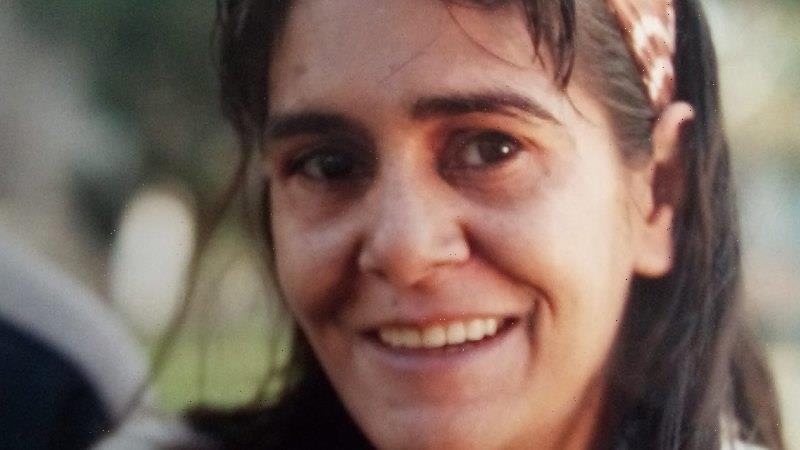Warning: This story contains graphic content and the name and images of a deceased Indigenous person.
A prison officer responsible for Indigenous woman Veronica Nelson’s welfare before she was found dead in her cell told an inquest she failed in her duty of care and did not escalate concerns about the inmate’s ailing health despite receiving “chilling” intercom calls for help.
Prison officer Tracey Brown leaves the Coroners Court on Friday.Credit:Joe Armao
Tracey Brown was working the nightshift at the Dame Phyllis Frost Centre on the evening of January 1, 2020, when Nelson – who was on remand for alleged shoplifting and bail offences – repeatedly used the prison intercom to call for help, at times wailing in distress.
But an inquest into Nelson’s death heard that instead of returning to check on Nelson after she was given pain relief at 1.30am, Brown told the new arrival nothing more could be done to help her, that she’d tried the nurse and that Nelson’s cries were keeping other prisoners awake.
“Did you not feel, policies aside, that on a human level, the right thing to do was to go down and check she is conscious?” counsel assisting the coroner Sharon Lacy asked.
“I wish I had,” Brown responded.
Veronica Nelson died in prison in 2020.
Nelson had arrived at the women’s maximum-security prison late on December 31, 2019, and spent the night in the medical unit after a nurse and prison officer raised concerns about her health. Throughout the night, Nelson buzzed staff 30 times for help.
After being medically cleared 24 hours later, she was moved to a cell in the general population Yarra unit where, Brown told the coroner, staff were not made aware Nelson was unwell or withdrawing severely from heroin.
CCTV shows Brown, nurse Atheana George and two other prison officers provide Nelson with paracetamol though a cell trap door about 1.30am. It was the last time staff saw her alive.
During Brown’s nightshift, the coroner heard Nelson went on to make nine further calls for help over the prison intercom, including a final two conversations Lacy described as “haunting” and “chilling”. Nothing was heard from Nelson after 4am. Her body was found later that morning.
Attending paramedics believed she had been dead for some time.
Taking to the witness stand for the first time on Friday after a failed Supreme Court fight to suppress her identity, Brown revealed she now believed she should’ve done more to help Nelson during her final hours.
Brown accepted she had a duty of care to Nelson and should have gone to check on the 37-year-old after the inmate became unresponsive during her final intercom call. She also accepted Nelson was deprived of “adequate” medical care during her stay and not treated humanely.
The prison officer was also critical of the medical care provided to inmates and the condition in which some arrived at the Yarra unit. She said night nurses often refused to walk the 200 metres from the medical unit to the Yarra unit to see patients during the night.
Prison officers are not permitted to call triple zero and more senior staff would need to be contacted to do that in any emergency, Brown said.
An autopsy later found Nelson had the undiagnosed medical condition Wilkie’s syndrome, a rare but potentially life-threatening gastrointestinal condition.
Rishi Nathwani, representing Nelson’s mother, was critical of Brown’s action and pressed the prison officer on an internal review that praised her actions.
Nathwani said in the review, Dame Phyllis Frost general manager Tracey Jones said she was “proud” of the way Nelson was treated in her final hours and that Brown “sensitively managed the intercom calls”.
Prison CCTV shows Tracey Brown, far right, attending Nelson’s prison cell alongside nurse Atheana George about 1.30am the day of Nelson’s death.
On the stand, Brown disagreed. Jones is due to give evidence next week.
Images and audio contained in this story were released to the media with permission from the family. For 24/7 crisis support run by Aboriginal and Torres Strait Islander people, contact 13YARN (13 92 76).
Most Viewed in National
From our partners
Source: Read Full Article



